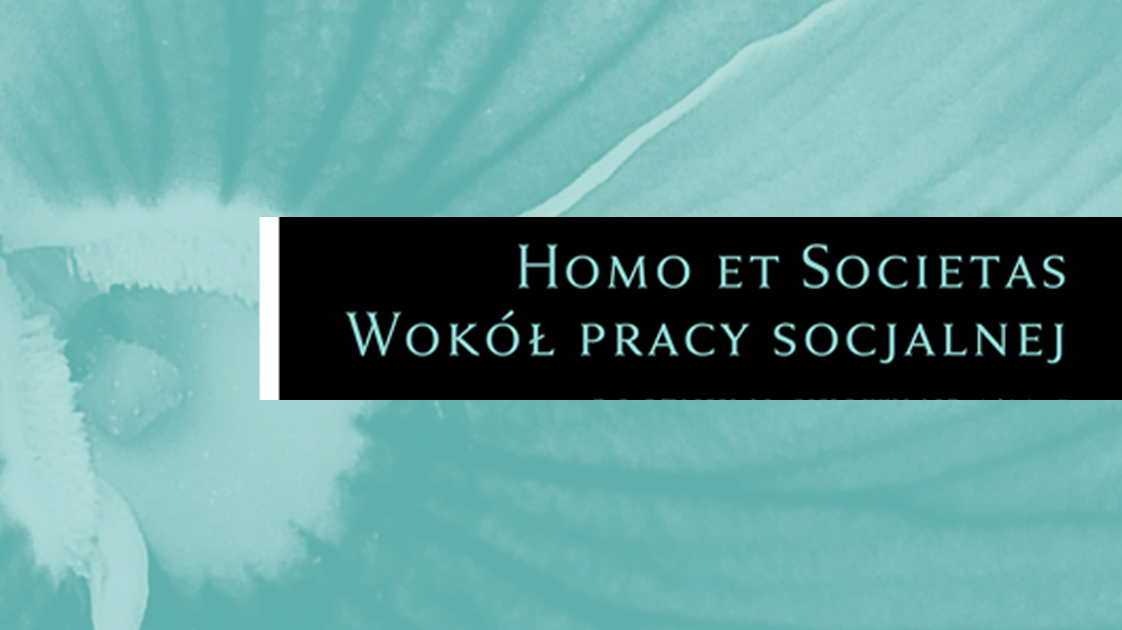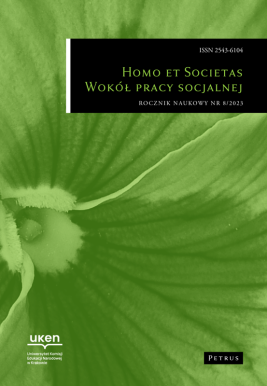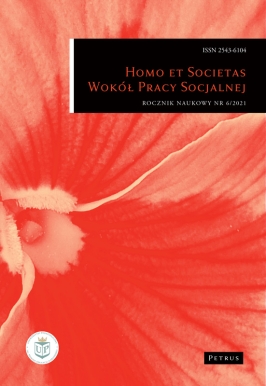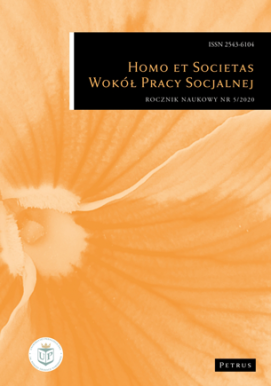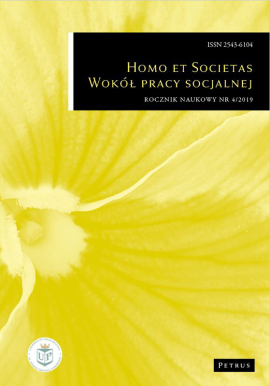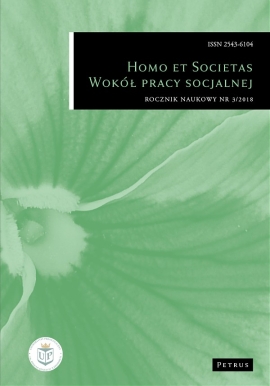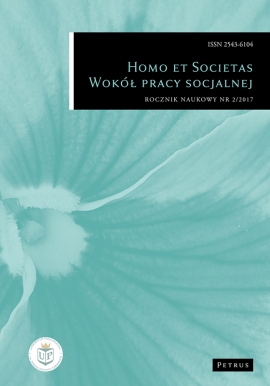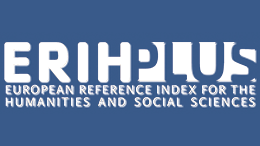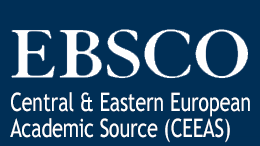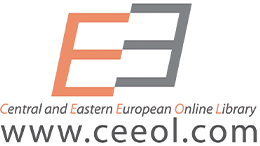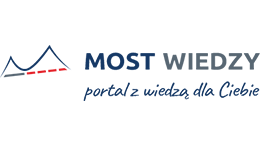In macroeconomic terms social entrepreneurship is a relatively new phenomenon in many ex-Soviet countries. In the XXI century social entrepreneurship in countries such as Latvia and Ukraine become more and more popular as an effective mechanism for local social and economic problems solving. Starting from 1991 were created many initiatives that have been names as the social enterprises that time but were mainly target for helping people with disabilities in commencement of employment.
We selected Latvia and Ukraine in order to examine the effect of the European Union membership on trajectories of the social enterprise concept in both countries. In Latvia social sector received a strong support and financing from the European Social Fund, while in Ukraine socio-economic situation caused a large-underinvestment in the social sector. In our article, we will aim to present a picture of the state of art of social enterprises, using: comparison of official statistics with the original research conducted on the social enterprises in the field.
It is a commonly shared notion that social enterprise is the creation of social value by solving social problems. Accordingly, social enterprise can be deemed to be the production of new solutions to social problems in more effective, efficient, and sustainable ways. Analysing the consequences of the current economic crisis and its impact, for example, on health care services, there are those who have advanced the idea that social enterprise can constitute an effective strategy to counter-balance the retrenchment of public social provision.
This paper introduces the concept of social enterprise in selected ex-Soviet countries in the comparative perspective.
In particular, this paper will illustrate how during the Soviet time, different national identity was able to cope with the collectivistic culture thanks to the their social and social values and the social cooperation, especially in countryside. Under the Soviet Union, a powerful heritage based on rural and natural icons helped people to preserve their national identity and a cooperative view in spite of the massive Russian immigration. We are persuaded that social enterprise ought to point to traditional values, but in innovative way. Social enterprise and social innovation are very close and they grounds on the values of cooperation and subsidiarity.
